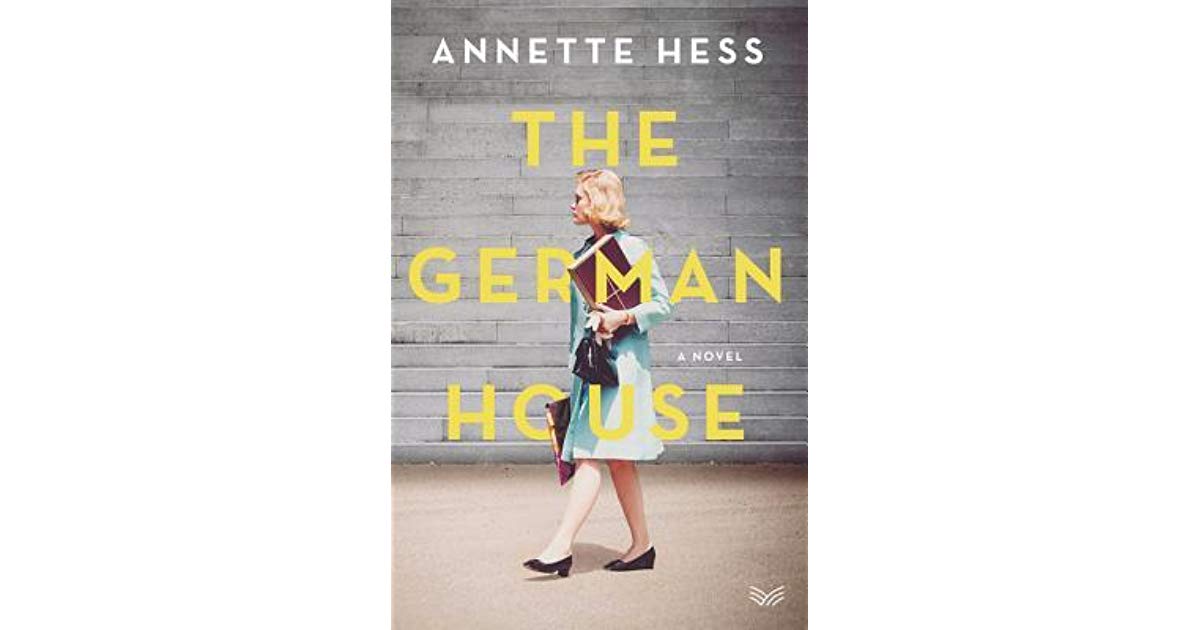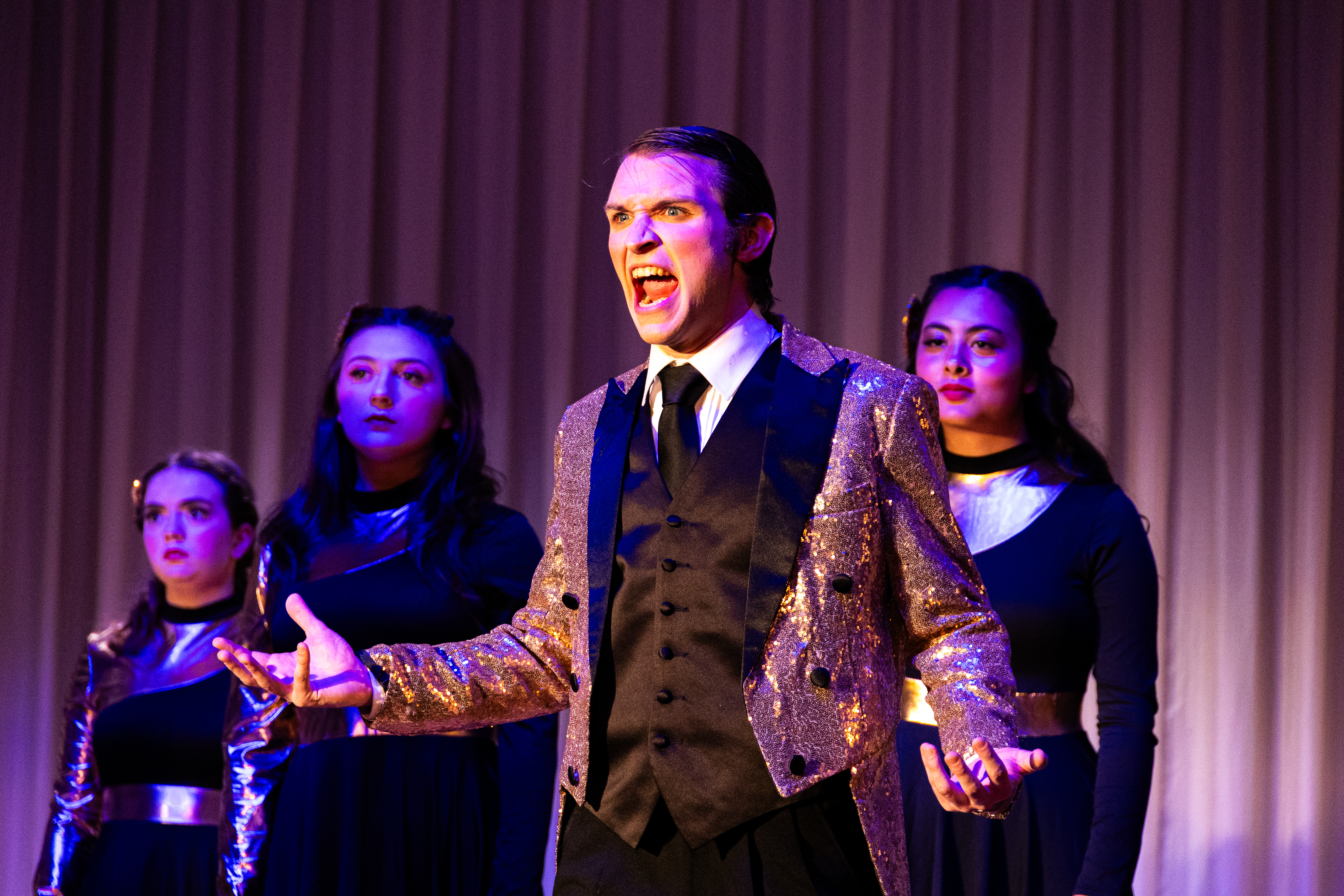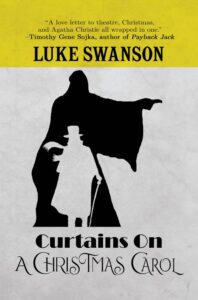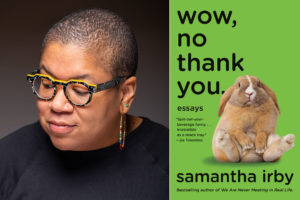The German House
Annette Hess, translated by Elisabeth Lauffer
Paperback, 336 pages
Publication Date: December 3, 2019
Publisher: HarperVia
Genre: Historical Fiction
World War II fiction is arguably the most popular subgenre of historical fiction. Books about World War II win prestigious prizes, face criticism and continue to be published in great quantity every year. After a stint of reading primarily World War II-centered historical fiction in middle and high school, I found myself burnt out on the genre and historical fiction as a whole. I still read historical fiction every now and then, but I have gotten a lot pickier about the World War II books inundating the literary market.
“The German House” caught my eye because it centers on an aspect of World War II not typically explored in fiction. In 1963, the Frankfurt Auschwitz Trials are occurring in Germany, and officials of the concentration camp are in court for war crimes. Eva, the German daughter of a restaurant owner, is hired by the prosecution as a translator. Only a child during the war, Eva has little recollection of what her country and the rest of the world went through and hopes her contribution to the trials will bring about justice for those involved. When she shares her new job with her family, they tell her to stop involving herself with the trials, though they will not tell her why. Their odd reactions cause Eva to learn more about the men on trial and what they did decades ago, and the truth leads her to unexpected places.
While “The German House” features Eva as the main character, the other members of her family are featured as well. Her parents are strangely quiet when she brings up the trial. Her sister deals with the ramifications of her unethical work practices. Eva’s fiancé, Jürgen, is conflicted about his future wife working on such sensitive matters. These various threads begin to connect as Eva digs into the history behind the war and finds her own place in the post-war world.
Hess does a great job of juggling so many characters and making each of them unique. Eva was a complex protagonist who was sympathetic, even when making choices I did not agree with. While the prose can be confusing because of how often the point of view switches from character to character, “The German House” tells a World War II story unlike any other I have read. If you enjoy history or character-focused books, I suggest giving “The German House” a read.
Paige Holmes is a senior journalism major from Topeka, KS. Reading is her favorite thing to do because it teaches one how to think, imagine and live. Paige believes there is no better way to learn something or be entertained than by reading a book. Her favorite genre of books is fantasy/thriller and her favorite book is ‘Opening Moves’ by Steven James.














Be First to Comment